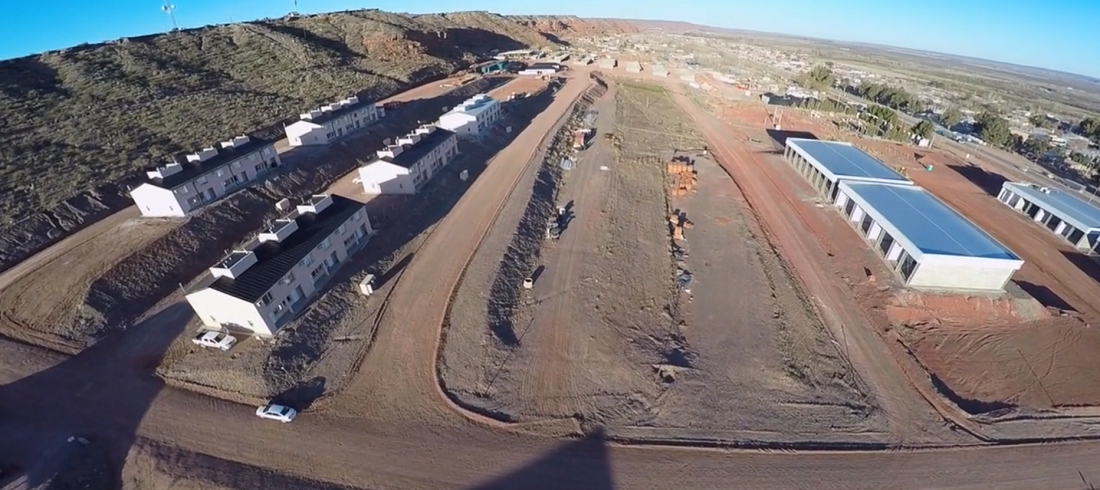
Vaca Muerta producers wait for political prospects to become clearer
Nov, 22, 2019 Posted by Sylvia SchandertWeek 201948
Three leading oil companies in Argentina, driven by the quality of shale resources, are poised to accelerate oil and natural gas production in Vaca Muerta, but are lagging until the new government’s economic and energy policies become clearer.
Argentine President-elect Alberto Fernandez has not yet defined his energy policy since winning the October 27 election, raising concerns about whether what he will do could impede Vaca Muerta’s development, even when she leads a recovery in the oil and gas production after more than a decade of decline.
Carlos Ormachea, CEO of Tecpetrol, the third largest gas producer in the country – and the largest in Vaca Muerta – said he believes the next government will continue to support Vaca Muerta’s development after taking office on December 10.
“It has become an essential part of what Argentina’s energy policy could be in the coming years,” he said at the Meeting with Leaders business conference hosted by the El Cronista newspaper in Buenos Aires.
Ormachea said that, from what he heard, Fernandez’s team saw Vaca Muerta as “an opportunity” to turn what until a few years ago was a national energy deficit into a surplus, allowing for an increase in exports.
President Mauricio Macri’s government predicted that Vaca Muerta could lead to a doubling of oil and gas production in the country.
“Vaca Muerta is a big export project,” Ormachea said, adding that it will bring in the dollars needed to balance the budget, pay off national debt and put the economy on the path to sustainable growth.
Challenges
Daniel De Nigris, ExxonMobil’s head of operations in Argentina, told the conference that Vaca Muerta is competitive in terms of productivity. However, Argentina’s financial crisis – now in its second year – combined with regulatory uncertainty, capital controls, high taxes, and high prices has made business planning and profit difficult.
Sean Rooney, Shell’s chief operating officer in Argentina, said restricted access to finance is proving to be a bottleneck for Vaca Muerta. “It is harder to invest in a country with challenging economic and financial conditions,” he said. “We hope companies will come, but you need to fund them at competitive costs.”
The benchmark interest rate in Argentina is above 60% and companies are struggling to borrow less than 10% in US dollars.
The challenge of obtaining competitive financing is already delaying the project to build a new 40m m3/d pipeline to increase gas deliveries in Vaca Muerta. The government has already delayed bidding twice for the US$2bn project, leaving it to the Fernandez government next year.
“Until the pipeline is built, it will not be necessary to drill more gas wells,” Rooney said.
Existing pipeline capacity is already reaching its peak in peak demand periods, limiting the opportunity to expand sales beyond Argentina. That effort requires the construction of a US$5bn liquefaction terminal for LNG exports, but is unlikely to take off until funding is available at reasonable interest rates, Rooney added.
Source: Platts
-
Trade Regulations
May, 05, 2025
0
Experts Analyze Impact of Zero-Tariff Policy on Imported Foods in Brazil: ‘Symbolic Effect’
-
Other Cargo
Apr, 26, 2023
0
Brazil’s dairy imports skyrocket threefold in 2023
-
Feb, 19, 2025
0
Brazil’s Waterborne Cargo Throughput Hits Record High of 1.32 Billion Tonnes in 2024
-
Economy
Dec, 11, 2023
0
New commodity processing surge turns Brazil into “world’s supermarket”

